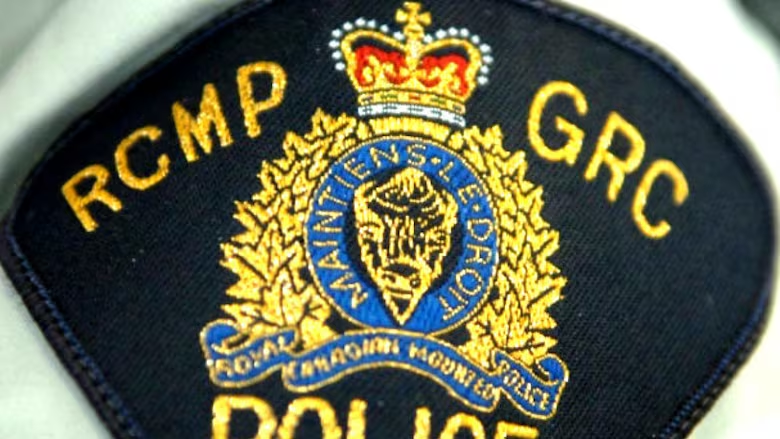N.W.T. RCMP to undergo focused sexual assault training
Advocate says N.W.T. is at 'early stages' when it comes to resources for gender-based violence

N.W.T. RCMP officers will take part in a new training course this spring for handling sexual assault investigations in the territory.
The training course, which will take place over two days, is tailored particularly for the N.W.T. It is in addition to Canada's standardized training for sexual assault investigations.
The course is a result of the NT Sexual Assault Investigations Review Committee (SAIRC), which meets twice a year to look over sexual assault cases in the N.W.T. where charges were never laid.
That includes reviewing files that were classified as "unfounded", having "insufficient evidence to proceed", or those labelled "victim/complainant declines to proceed".
The committee — comprised of community advocates, representatives from victim services organizations and RCMP — looks at 26 sexual assault investigations at random to ensure cases are properly classified and to identify "any systemic gaps or barriers," according to its yearly report.
Cpl. Jesse Aubin is the N.W.T. RCMP's domestic violence co-ordinator and represents the G-Division on the committee.
He says the new course is important to take cultural considerations into account and acknowledge limited services that exist in remote communities.
He said the N.W.T. is different than southern areas of Canada because of "the geographical distance and the isolation of some of the communities."

Louise Elder is the executive director of the Status of Women Council of the NWT. She said the new course is a step forward but that the Northwest Territories is "at the early stages of the continuum," when it comes to resources for victims of gender-based violence.
Elder has been a part of SAIRC since it began in 2019. She said she has seen improvements at each review but that the territory has a long way to go to better support victims.
According to a 2018 national survey from Statistics Canada and Women and Gender Equality Canada, 61 per cent of Northwest Territories residents over the age of 15 have experienced physical or sexual assault. That figure is second highest in the country after Yukon at almost 66 per cent.
The same survey indicated the Northwest Territories had the highest rates of intimate partner violence in Canada for the same year.
The high rate of gender-based violence in the territory is in stark contrast to the scarcity of services, Elder said.
She pointed to resources in other jurisdictions that offer sexual assault centres with specialized counsellors and court workers to support victims through the process.
She said facilities in Alberta and Yukon, for example, offer alternative reporting options where victims can choose to report their assault anonymously.
In the Northwest Territories, "you essentially can choose to report to the police or not report," Elder said.
She said the Status of Women Council of the NWT has been advocating for these kinds of services for years, and hopes to see resources allocated for them in the next territorial budget.

Elder said Statistics Canada research in the North looks at self-reported data of sexual and physical assault.
"What was interesting when we read the report was the revelation that people don't seek help from the formal system in its entirety," Elder said, referring to police and the legal system.
She acknowledged colonial histories and systemic issues as key reasons why some victims choose not to report, but said steps like SAIRC and the new sexual assault training course improve residents' trust.
"That's really critical to us," she said. "If there's a response to improve, the trust in the system may improve and those individuals that were reluctant to come forward in the past perhaps will consider reaching out and reporting their sexual assault and proceeding with the investigation and beyond."
SAIRC's most recent report recommends investigators not assume a person's gender identity and that N.W.T. RCMP "continue to improve upon interview training for its officers."
The committee also noted victims should be referred to available community supports — such as victim services and medical services — and that reports should be "consistent, objective and proofread."
Last year's report advised that officers omit their personal opinions from their investigations. It said including personal opinions demonstrated a lack of understanding of rape myths and consent law. It also recommended police more thoroughly explain investigation processes to victims.